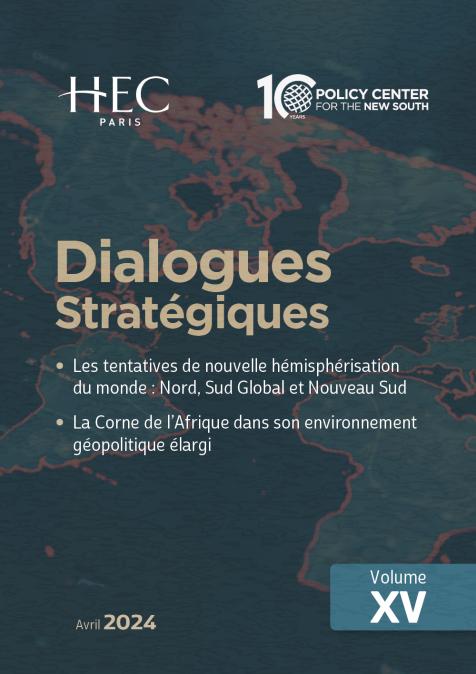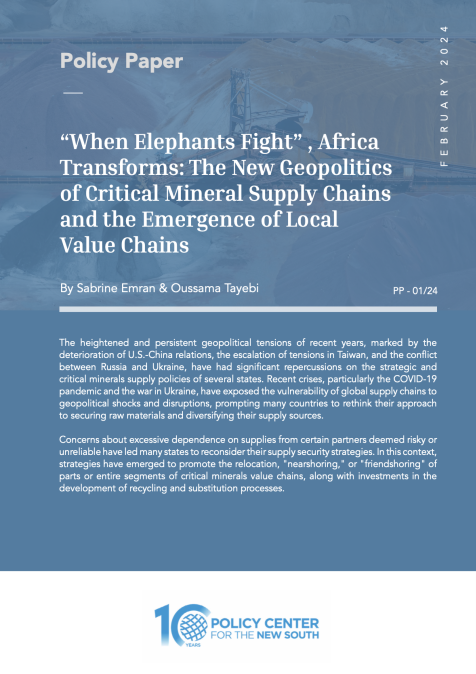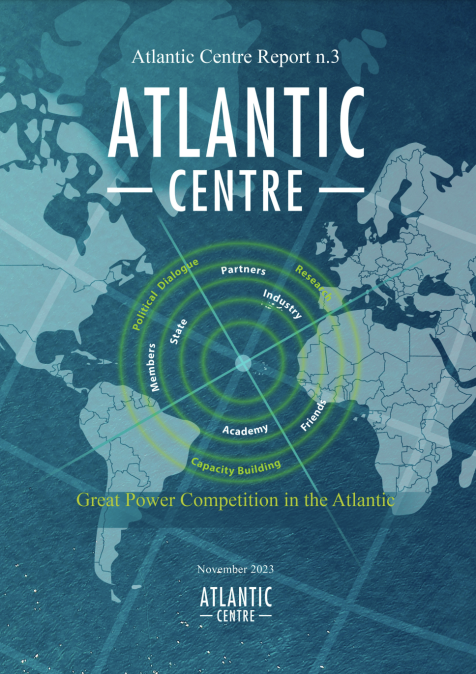Publications /
Policy Paper
Si les migrations en provenance d’Afrique constituent la priorité des politiques européennes de contrôle des frontières extérieures de l’Union européenne (UE), les dynamiques migratoires africaines sont pourtant avant tout régionales.
Les migrations subsahariennes sont très peu connectées aux flux transcontinentaux : plus de 70 % restent en Afrique. Si l’on observe le continent dans son ensemble, en y ajoutant les pays du Maghreb et l’Afrique du Sud (deux régions mieux connectées aux migrations transcontinentales en raison de leur niveau de développement), le chiffre s’établit à près de 53 %, soit plus d’un migrant sur deux. La proportion des migrants africains accueillis en Europe est de 26 %, soit un sur quatre. Enfin, près du tiers des réfugiés dans le monde se trouvent en Afrique subsaharienne.
Par ailleurs, des logiques institutionnelles d’intégration régionale existent sur le continent africain et font de la liberté de circulation un objectif. À l’échelle continentale, plusieurs projets conduits par l’Union africaine (UA) poursuivent cet objectif alors que les migrations ont été inscrites par l’Organisation des Nations unies (ONU) comme une dimension des Objectifs de développement durable (ODD). Ces initiatives rencontrent néanmoins différents obstacles, en termes de réticence de certains pays importants (comme le Nigeria ou l’Afrique du Sud) et de moyens.
Face à cette réalité régionale des migrations africaines et à la place que la question occupe dans les processus en cours d’intégration régionale en Afrique, les politiques européennes imposent un agenda qui échoue à prendre en considération ces spécificités. Au-delà de la sensibilité politique en Europe du sujet des migrations (et tout particulièrement des migrations en provenance d’Afrique), ce décalage s’explique également par deux visions très différentes du lien entre la régulation des flux migratoires et le développement des pays africains, et par une asymétrie politique du partenariat entre l’Europe et l’Afrique.











